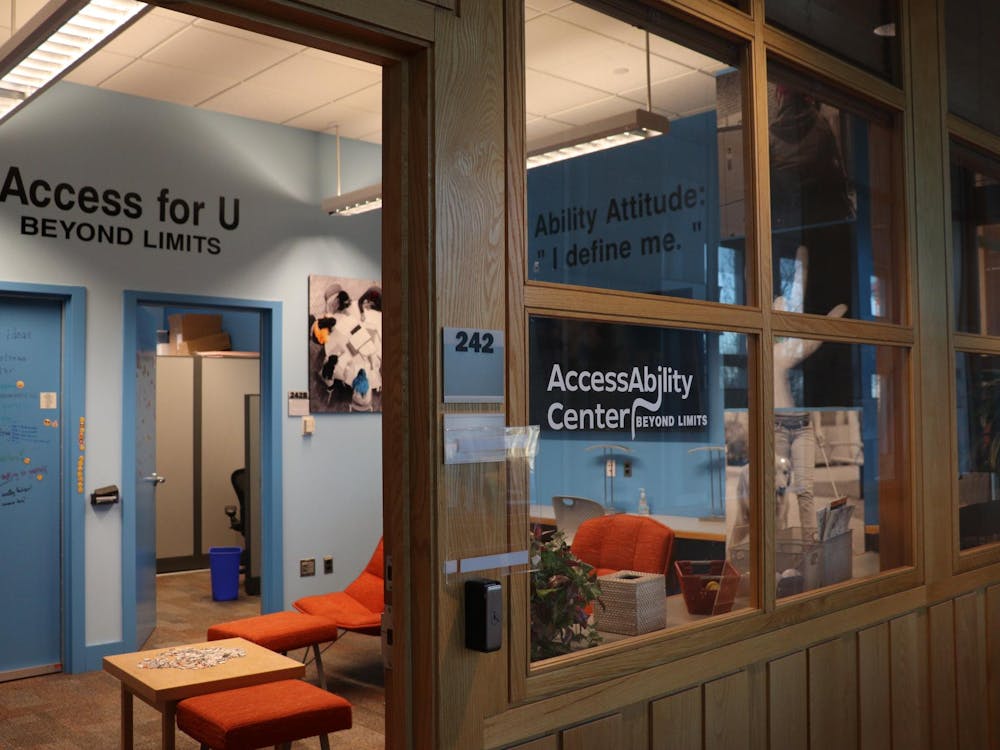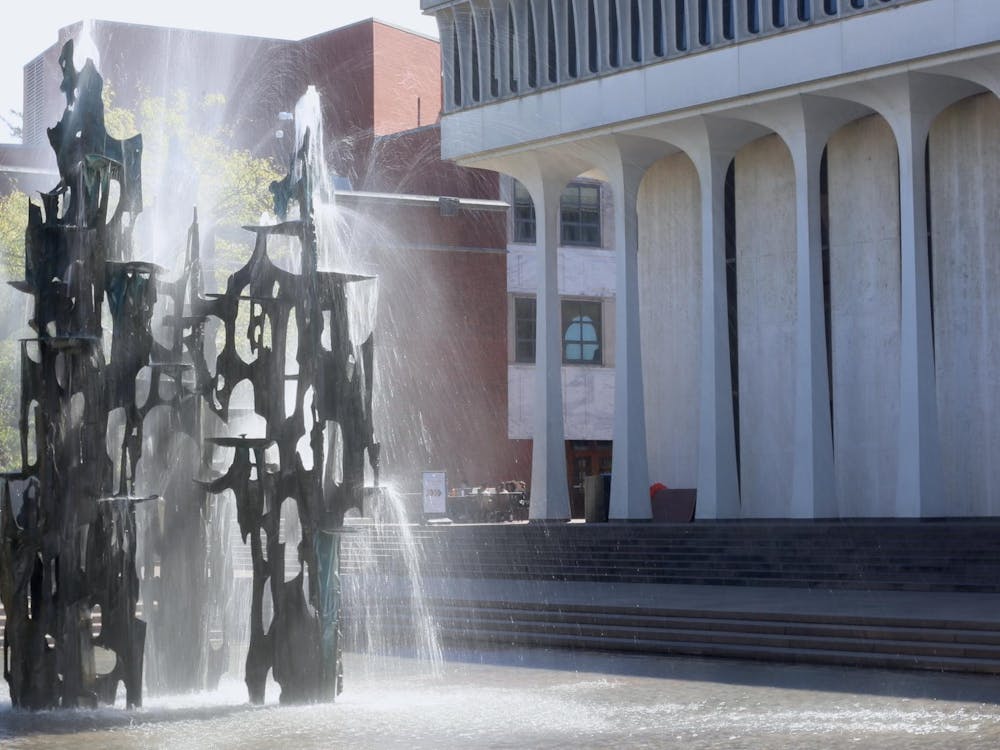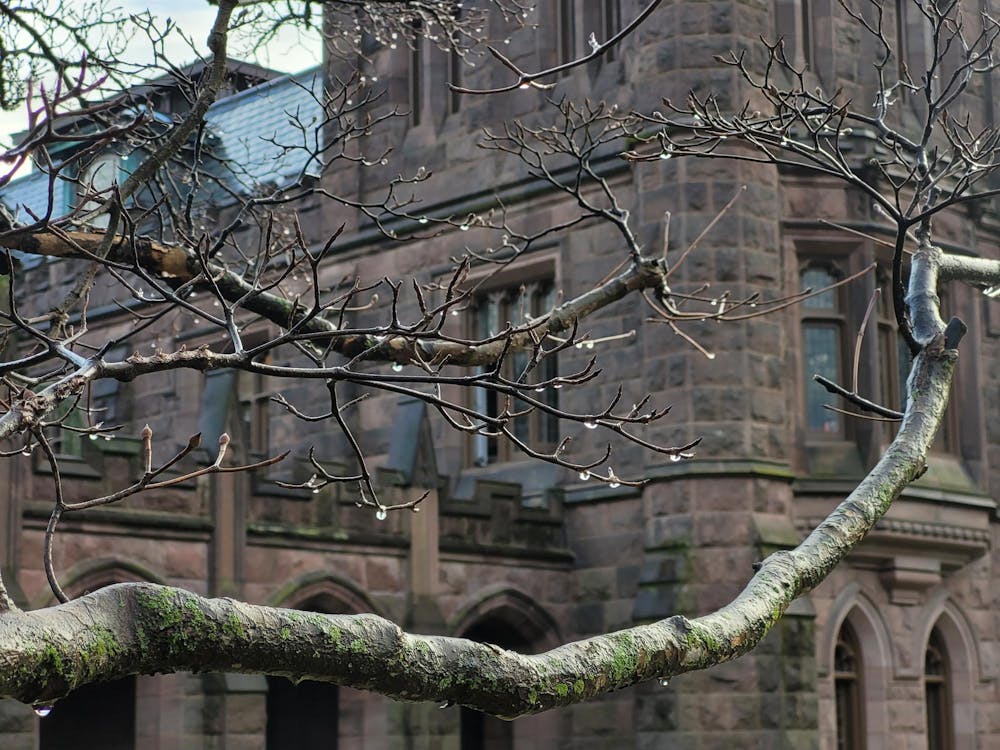The Program of Archaeology was approved as a certificate in Monday's faculty meeting, according to Program Director Nathan Arrington '02.
Dean of Faculty Deborah Prentice deferred comment to Dean of the College Jill Dolan. Dolan deferred comment to Deputy Dean of the College Elizabeth Colagiuri.
"The proposal for the newly created certificate program in archaeology was reviewed by the Academic Planning Group and the Faculty Committee on the Course of Study before going the full faculty for approval,"Colagiuri said.
Arrington noted that the entire Art and Archaeology faculty approved the proposal earlier in the year, although they had started discussions regarding the program being offered as a certificate at least three years ago.
Arrington added that there are currently three tracks that concentrators in the Department of Art and Archaeology can take: History of Art, Studio Arts and Archaeology. He explained that most students pursue the Art History track while a substantial number of students also studying Studio Arts. According to Arrington, there are presently only two students from the Class of 2016 pursuing the Archaeology track within the Art and Archeology department.
Arrington explained that the study of archaeology as it stands at the University is more suited as a certificate program instead of a division within the Art and Archaeology concentration.
Arrington noted that the way that the program is currently written as a major track is limited because it isn’t interdisciplinary as it could be and is constrained within the field of Art History.
“The way that the archaeology track is written as a major always struck me as being very much like a certificate; it’s very interdisciplinary in nature and it was quite simple really just to take that model and translate it into a certificate, so it really seemed to reflect the structure of the program much better,” Arrington said.
Though the study of archaeology is currently available as both a certificate and a concentration, Arrington noted that in the future, the certificate program may replace the concentration.
Deborah Vischak, a professor in the Art and Archaeology department, who is also on the Executive Committee of the Program of Archaeology, noted that changing archaeology from a major to a certificate would allow students to have more flexibility in working within archaeology and approach the program from a range of different disciplines and interests.
“The interdisciplinary aspect of archaeology is what makes it so vibrant," Arrington noted, explaining that students reading Herodotus, studying ancient Polish remains or compiling digital reconstructions of buildings all have something in common under the umbrella of archaeology. “I expect to be surprised and to find students coming at this [the archaeology certificate] from angles that I never would have dreamed of,” he added.

“This [interdisciplinary nature of archaeology] is a reflection of the fact that archaeology in itself is not a discipline on its own, it’s really a practice,” she said. In this way, Vischak said that the program recognizes that there is a rich history of fellowship between archaeology and a number of other areas of studies.
Vischak added that within the older tradition of European institutions, archaeology has always been associated with history. According to the department website, archaeology has been a major at the University since 1883, when Allan Marquand began teaching art history at Princeton. However, Vischak noted that within the last 70 years, New World Archaeology in the United States has been based in anthropological studies.
Aaron Stevens ’18, who recently declared a major in Anthropology, said that at most universities archaeology would be paired with anthropology. He said that one of the reasons why he decided not to major in archaeology was because it was under the Art and Archaeology department.
Stevens noted that having archaeology as a certificate is great because it allows the student to minimize the art history aspect that the major previously had and focus on using archaeology in order to enhance their preferred area of study.
Emily Reardon ’16 said that for the past two summers she has attended the Art 304: Archaeology in the Field course taught by Arrington, which is a summer program on excavation and archaeological survey that takes place on the northern coast of Greece, acting as a co-registrar for her second year. She noted that though she is a senior in the sociology department, she would have loved to have had the opportunity to pursue a certificate in the Program of Archaeology. She said that the certificate program could have let her look at the social organizations of the dig, and how the discovery of material culture affects the way that history is interpreted from a sociological perspective.
Charlotte Williams ’17 said that she is majoring in Anthropology and was planning on getting a certificate in Latin American Studies, as well as Urban Studies. She noted that with the introduction of this new program, she is now considering trying to fit in a certificate in the Program of Archaeology as well. She said that she had briefly considered being an archaeology major earlier in her university career, but ultimately decided she wanted a greater community of peers who were concentrating in a similar area of study.
Williams said that she was very excited about the certificate program, noting, “I really hope that it will draw people from other fields so it can be really more collaborative.”
The official undergraduate announcement of the program notes that the program will include courses in Meanings of Visual Arts, as well as Introduction of Visual Arts, and required components of fieldwork and independent research.








